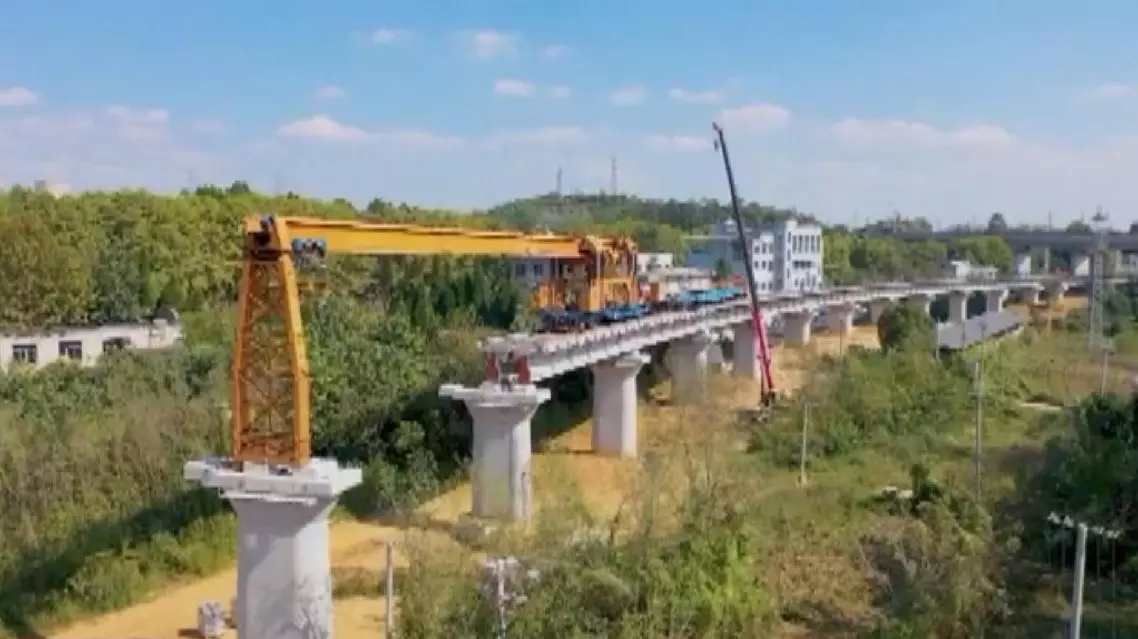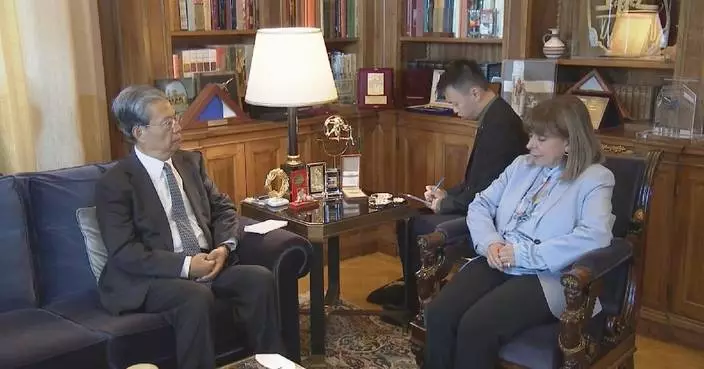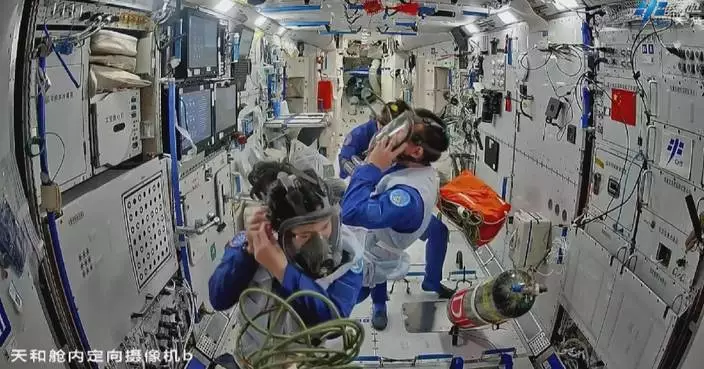Despite the complexities of China - U.S. trade relations, the two countries can resolve disputes through dialogue and cooperation, focusing on mutual benefits, said a former U.S. political science professor.
Nabil S. Mikhail, a former adjunct faculty member in political science at George Washington University, emphasized that China and the U.S. should focus on dispelling misunderstandings and finding common ground to achieve mutual benefits and the greater good of humanity, rather than deepening disputes.
Mikhail highlighted misconceptions about China's dominance in manufacturing and trade, urging both countries to organize their trade disputes and clearly identify issues to find constructive solutions.
"America and China are powerful economies, talk about exports and imports. Many Americans fear that China is manufacturing everything, that China is exporting everything. This is actually not true because there are so many commodities that no one single economy can produce. So, try to organize the competition. Run a list of what trade disputes are found between China and the United States. Chinese and American officials can talk, and they can settle a decent price for the benefits of every side in that trade dispute," he said.
While acknowledging that economic disputes may arise between China and the U.S., Mikhail warned against a mindset aimed at containing China and advocated for finding common ground to resolve differences.
"There could be disputes between China and the U.S. on economic matters, but I do not want America to be competitive with China in every aspect. It seems that there is a mindset here among some people to contain China. But do they want to contain each other, or do they want to search for middle grounds and settle differences? I will opt for the option whereby some solutions could be found, instead of just perpetuating the strife, because that will be adversarial for America and will put also China at a disadvantage," Mikhail noted.
He emphasized the importance of cooperation between the two countries on global issues like climate change, suggesting that shared concerns could foster stronger ties and mutual benefits for both nations.
"It has to be done in a way not to antagonize. America wants China to discuss global warming, to discuss environmental issues, so there is a common concern that could bind the two nations together and they can work together toward the welfare of humanity," said the expert.

China, U.S. can navigate trade disputes through dialogue, cooperation: U.S. political expert









